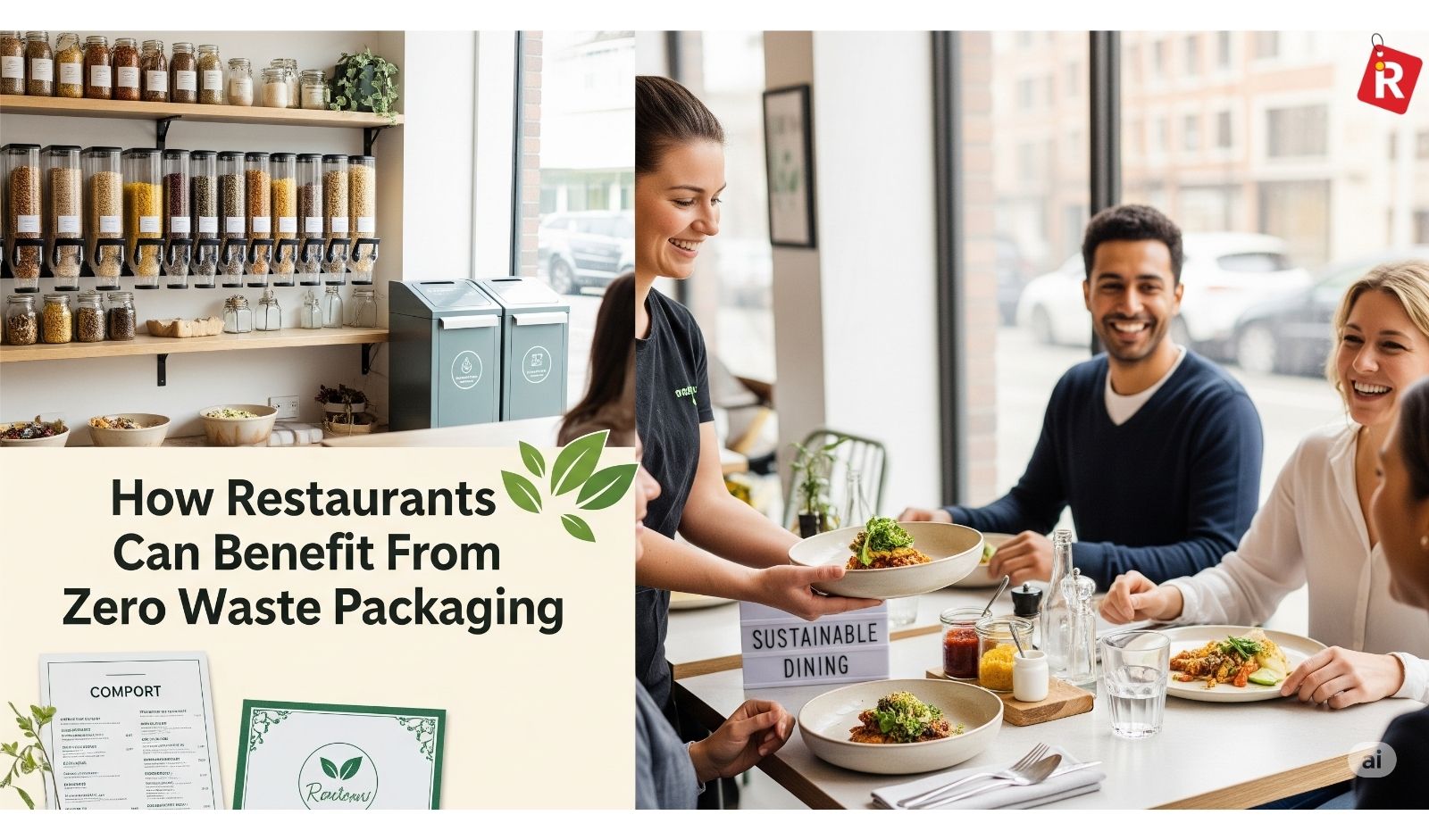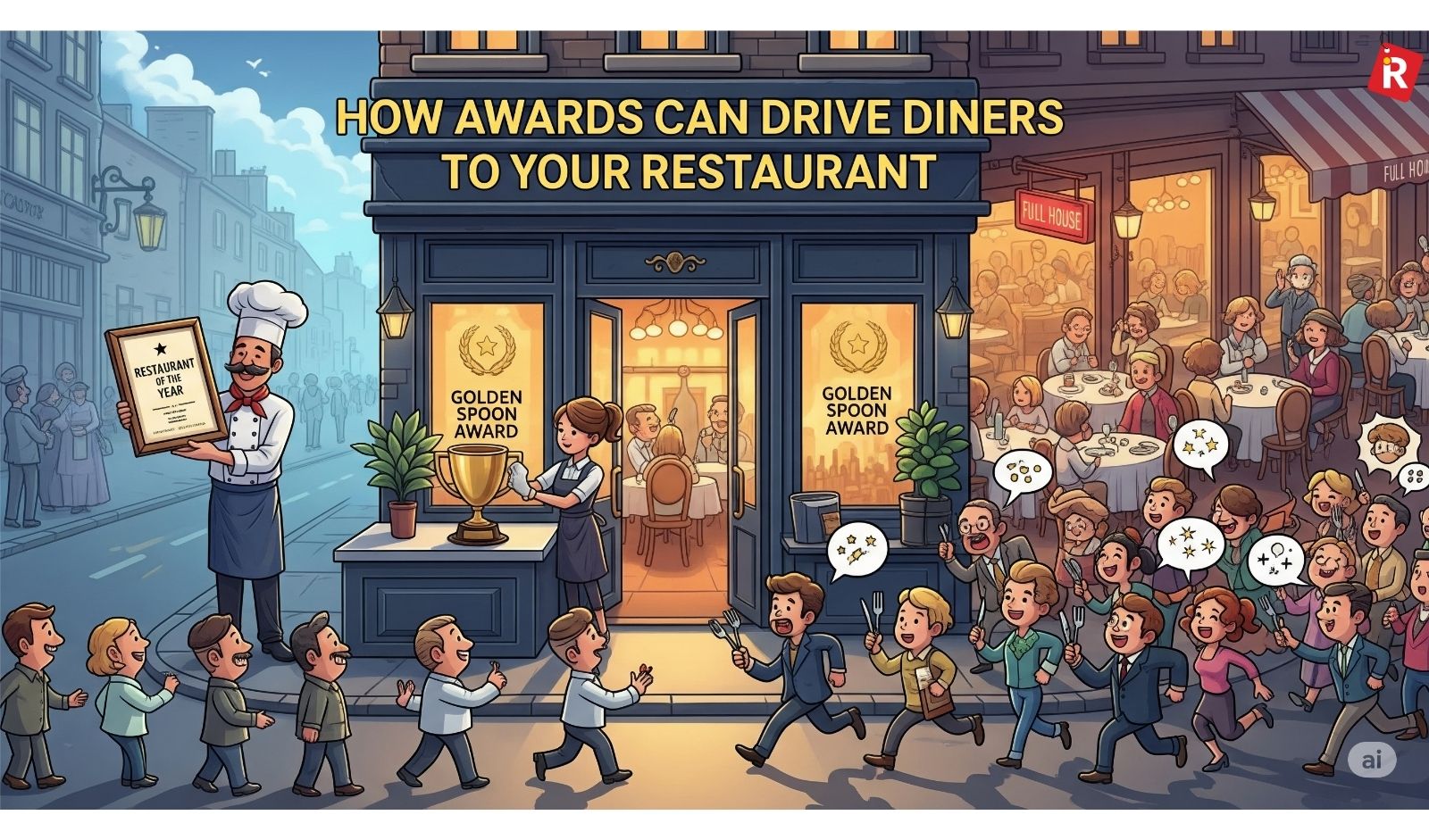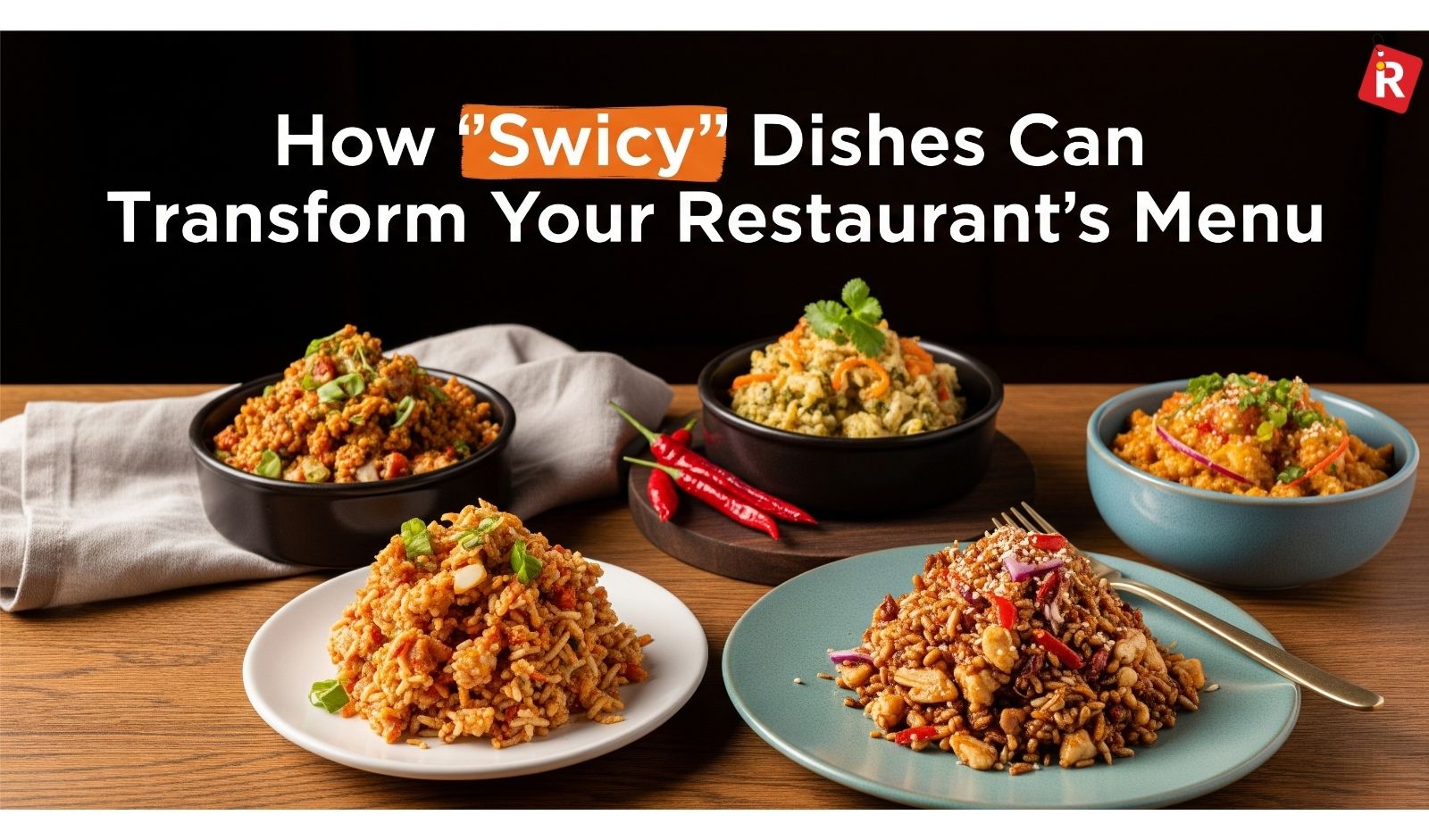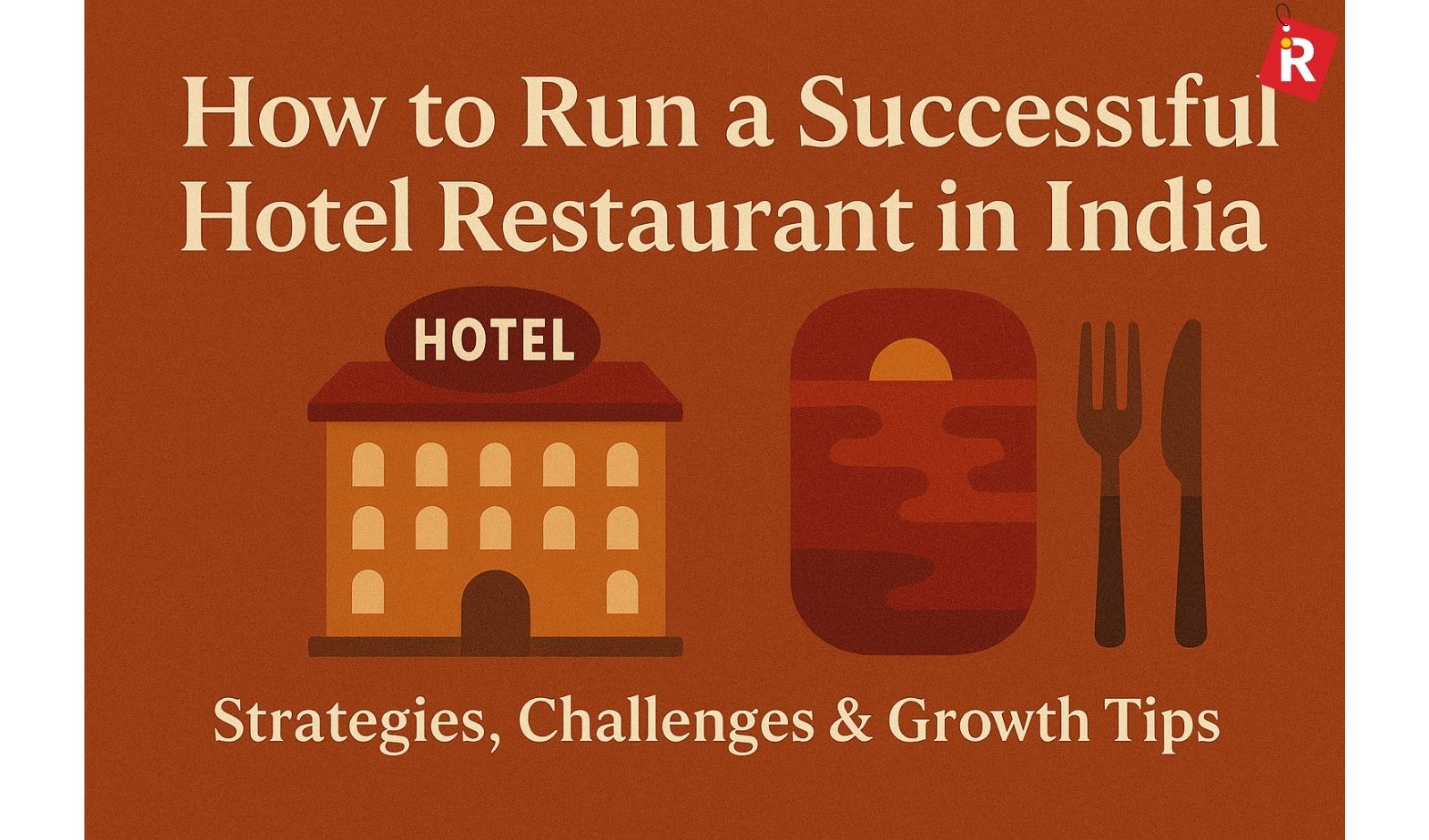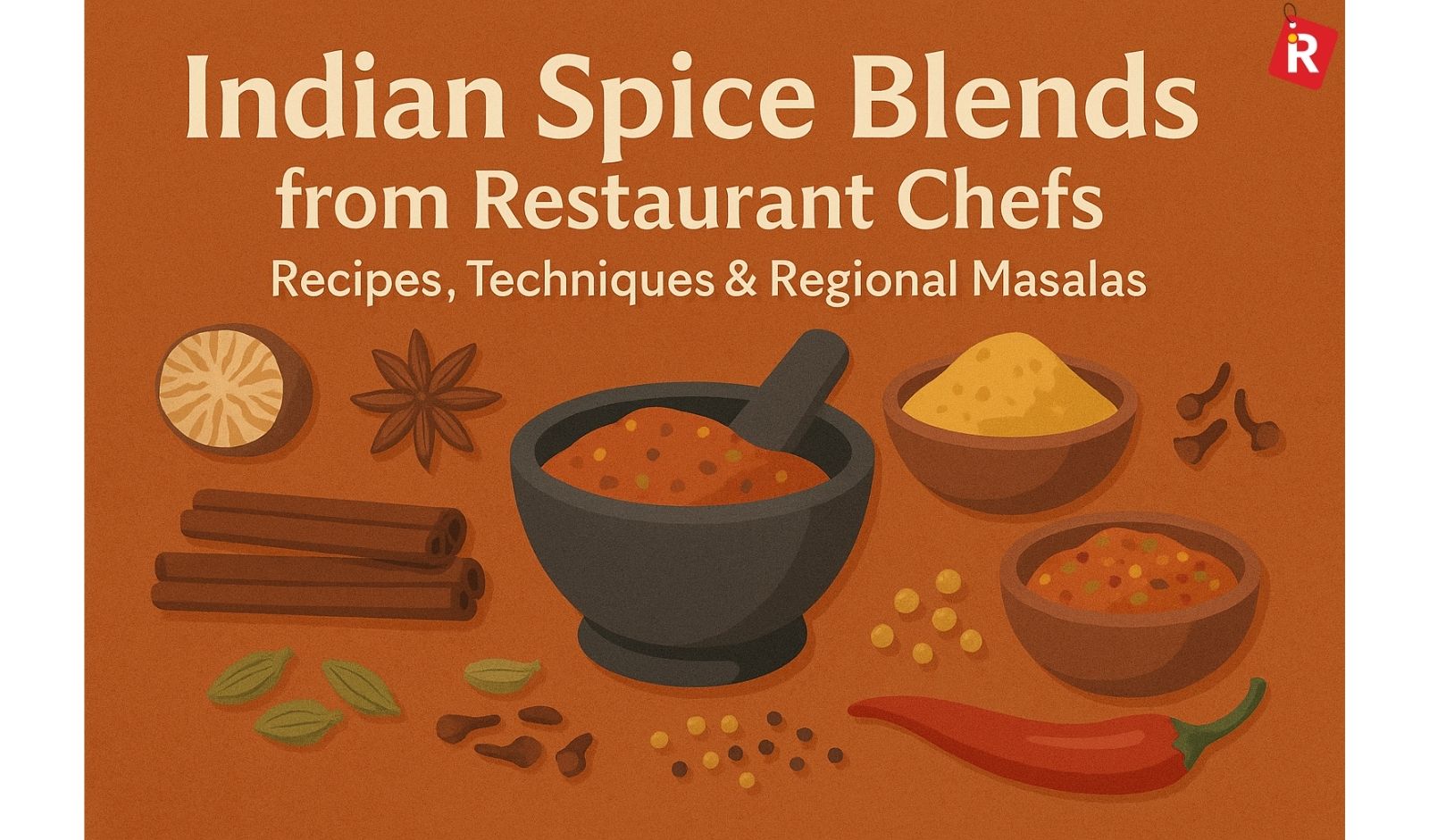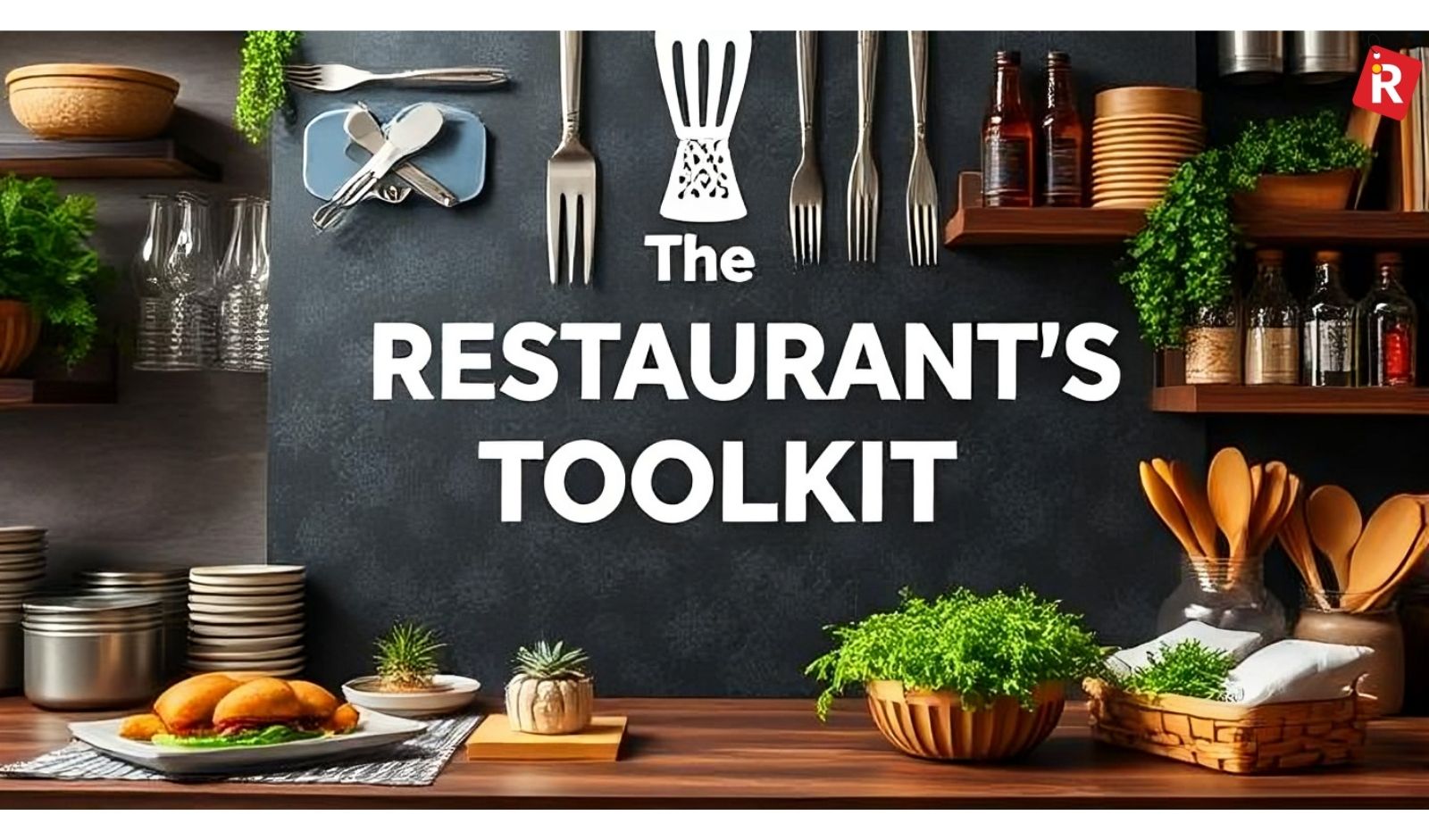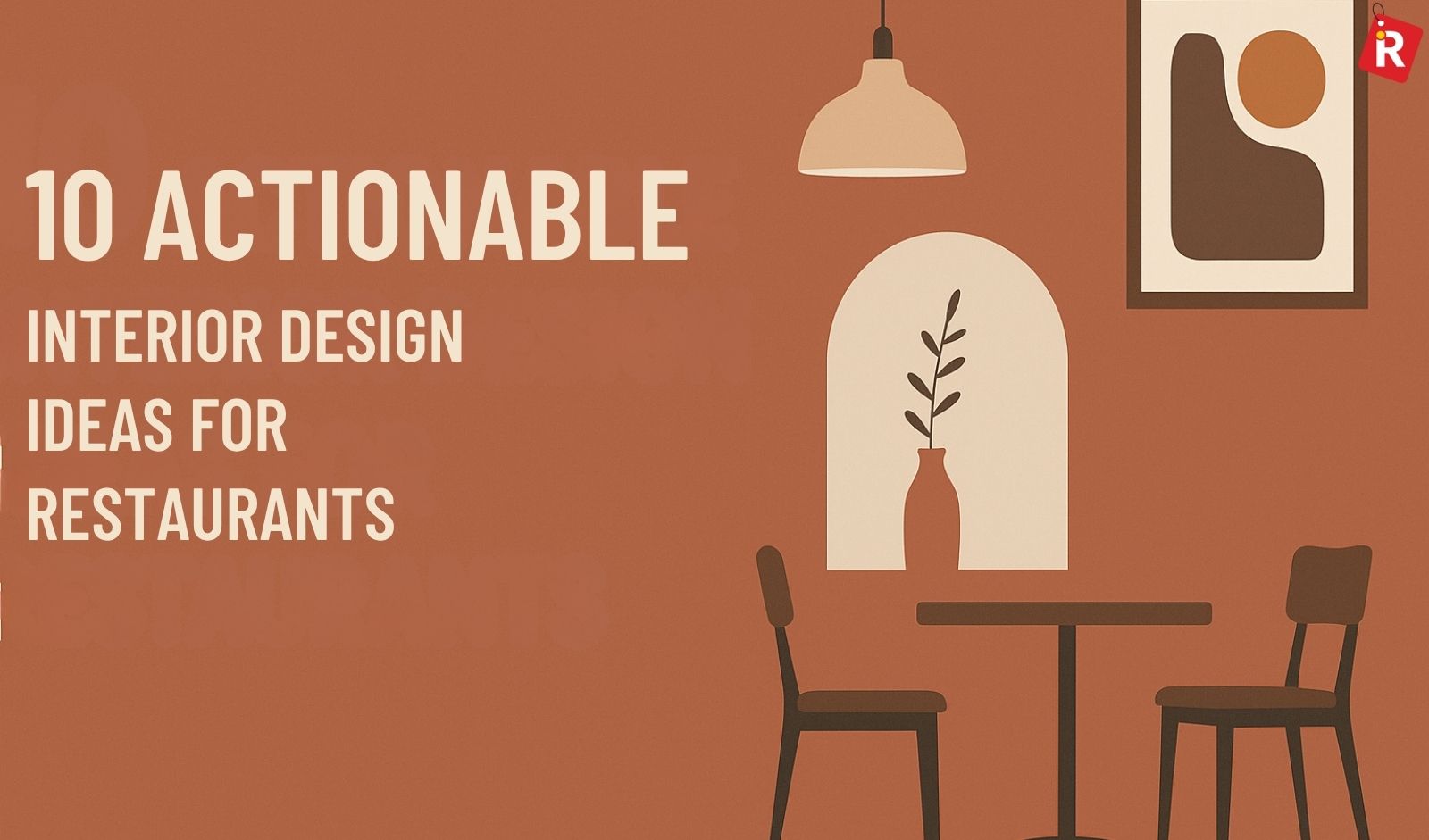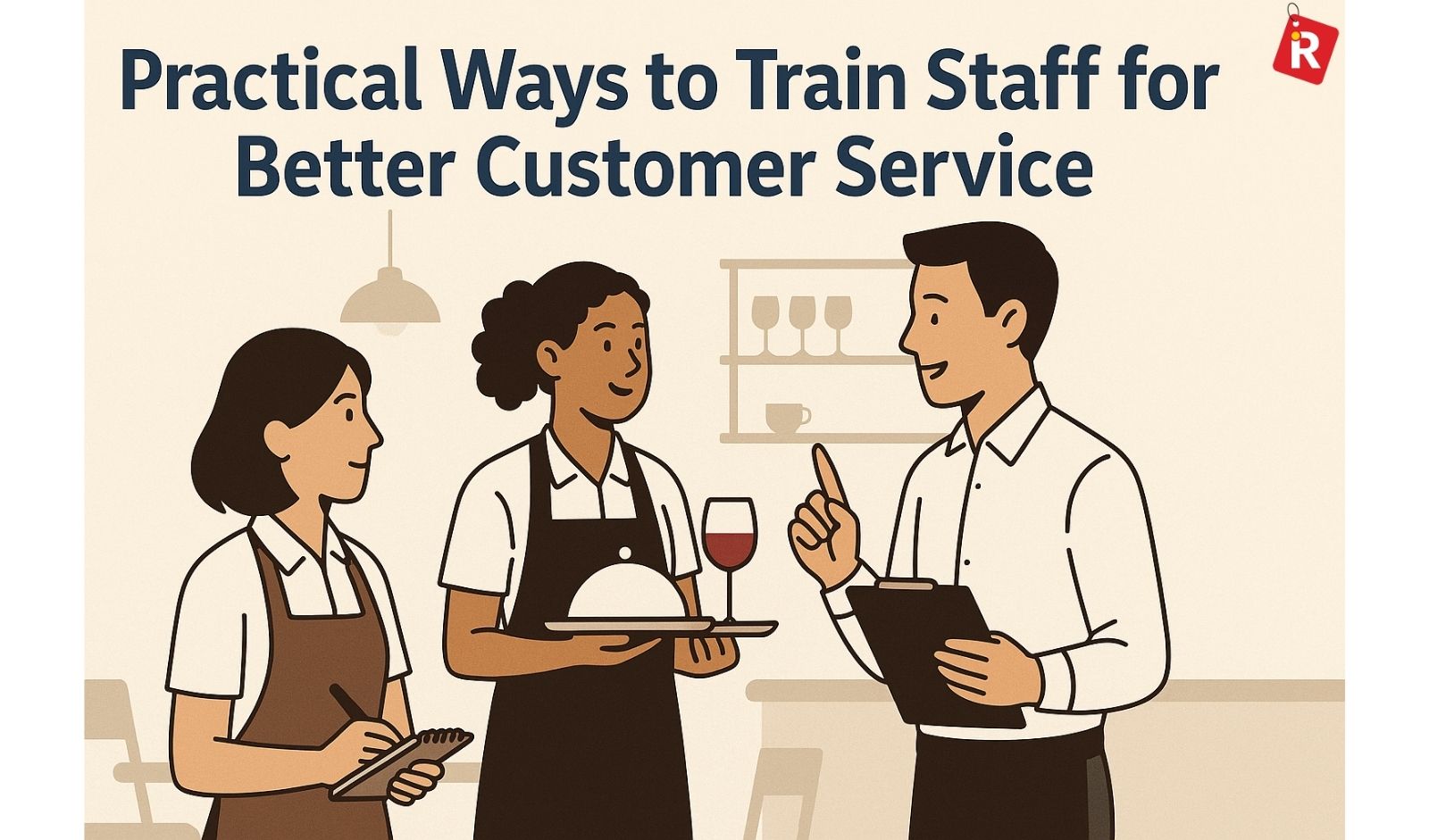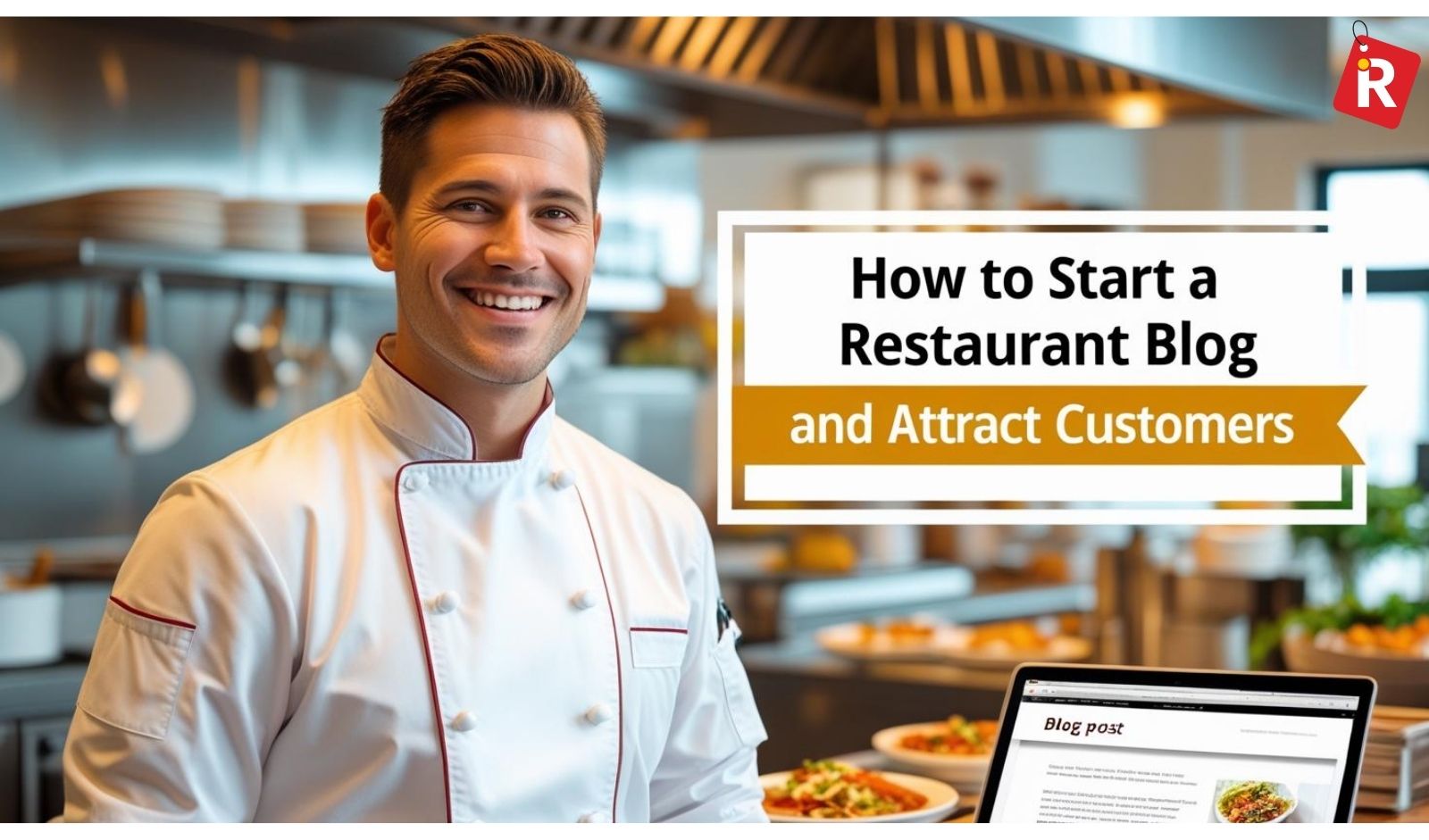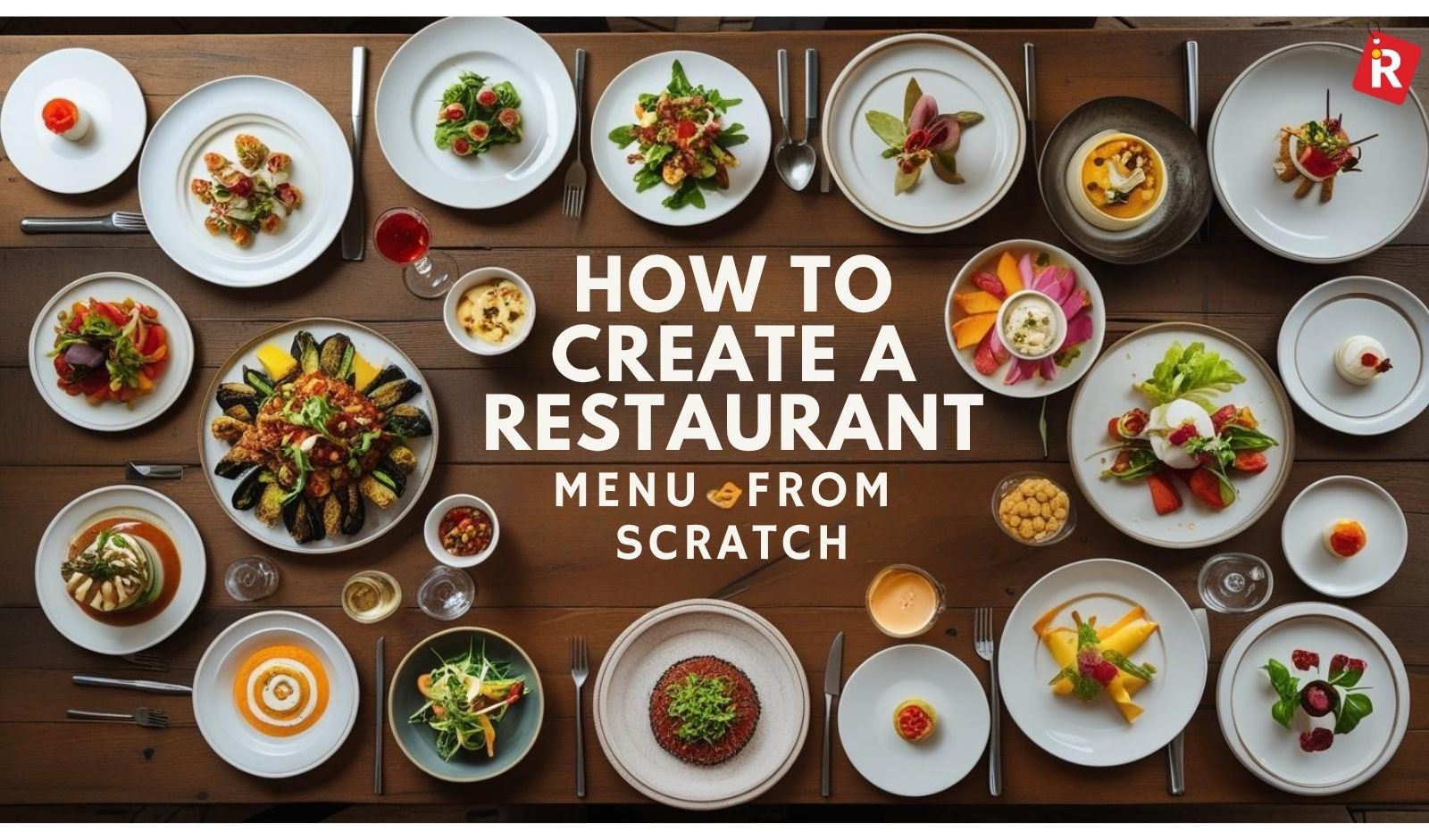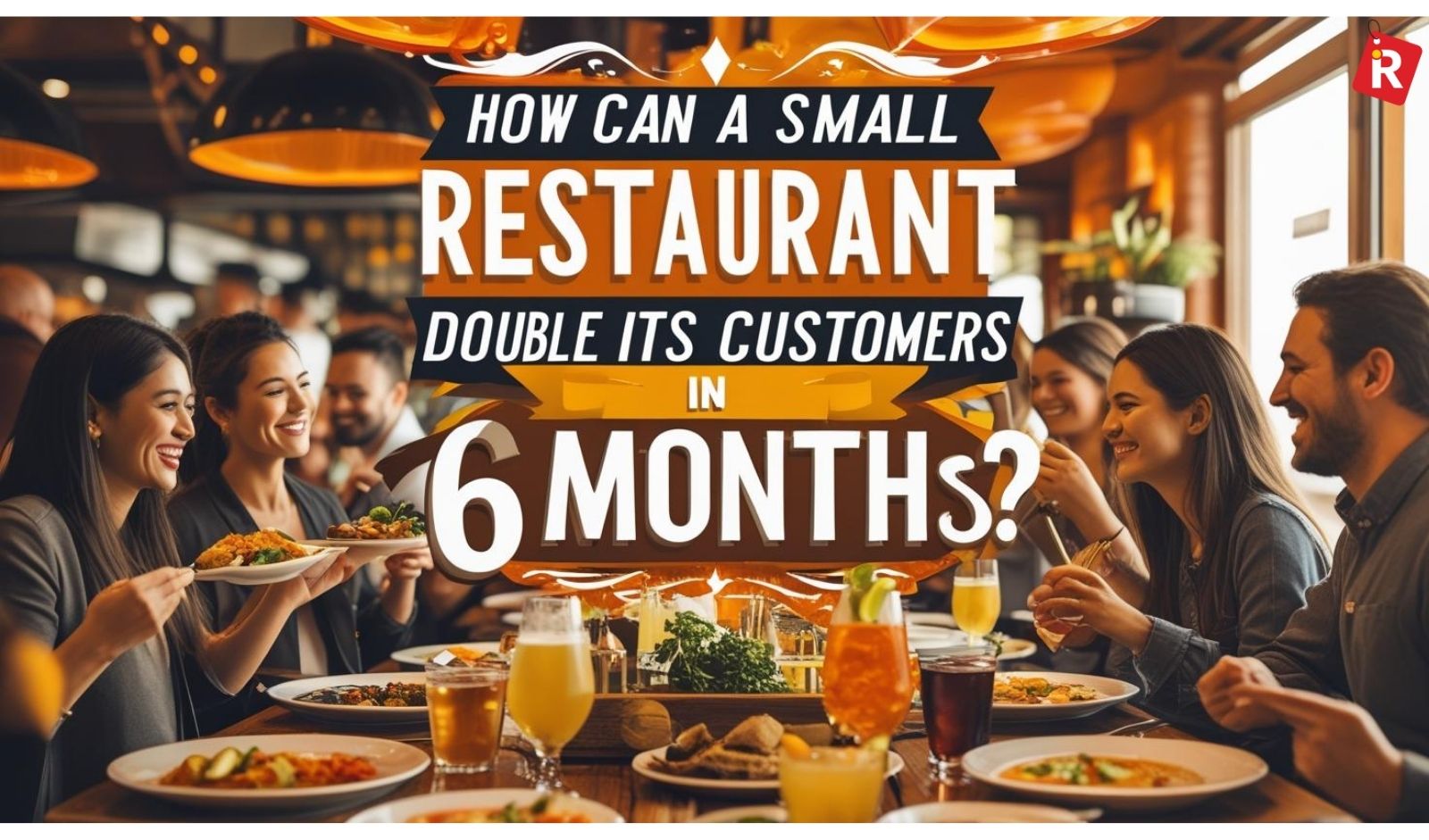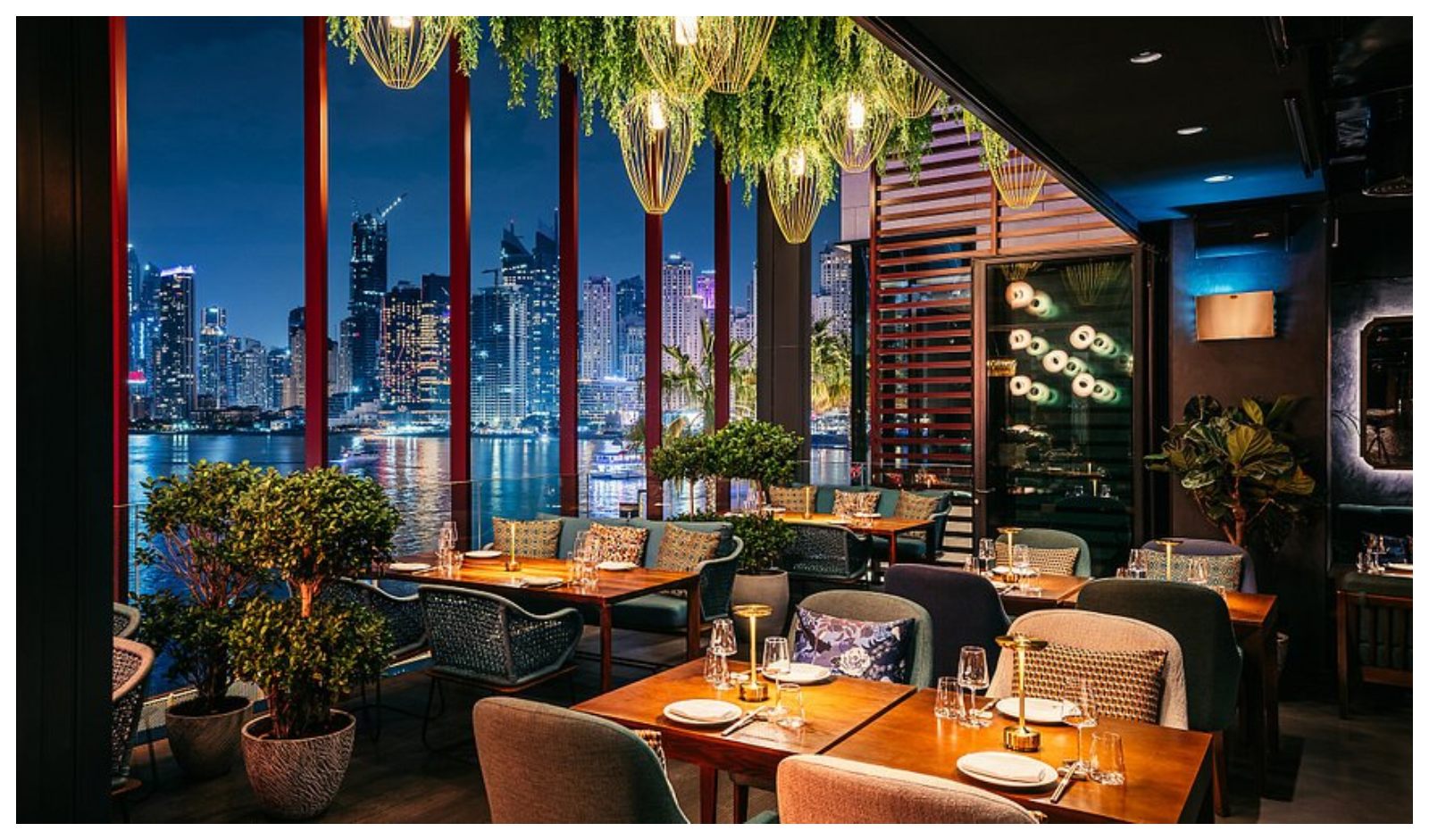In a time of increased environmental consciousness, industries with large waste footprints are coming under more and more criticism. Restaurants are…
While word-of-mouth continues to be effective, awards and recognition are a strong, sometimes underappreciated trigger. These awards are more than…
While customers want to make sustainable choices, they frequently lack clear, actionable information when presented with a restaurant menu. This is…
In the ever-changing culinary world, staying ahead of other restaurants requires not just mastering traditional flavors but also embracing new and…
Running a successful hotel restaurant requires negotiating unique obstacles, including various visitor expectations, complicated operational…
Spices are more than just ingredients in Indian cuisine; they represent the spirit, heartbeat, and pulse of each dish. The magic begins with the…
Restaurants do not get started when you just build a building on a plot of land and start cooking there. There are a lot of departments that need to…
A restaurant is more than simply a place to eat; it is an exhilarating experience in the modern world. The interior design of the restaurant is one…
In the culinary sector, one of the most important things, even before the food, is the service provided by the staff of the restaurant. A restaurant…
Restaurants must use more than just traditional marketing if they want to stand out, engage their audience, and build a loyal customer base. This is…
The menu is unmistakably the heart and soul of any restaurant. It is considerably more than just a list of dishes; it is a precisely produced…
For a restaurant, whether big or small, the competition to stay steady in the culinary industry is of utmost importance. The competition is fierce,…
Keeping expenses under control without sacrificing the quality that attracts and holds onto customers is one of the most enduring problems faced by…
The global foodservice market is around US3.6 Trillion dollars based on consumer spending. Indian brands are popular in US, UAE, UK, Canada and…
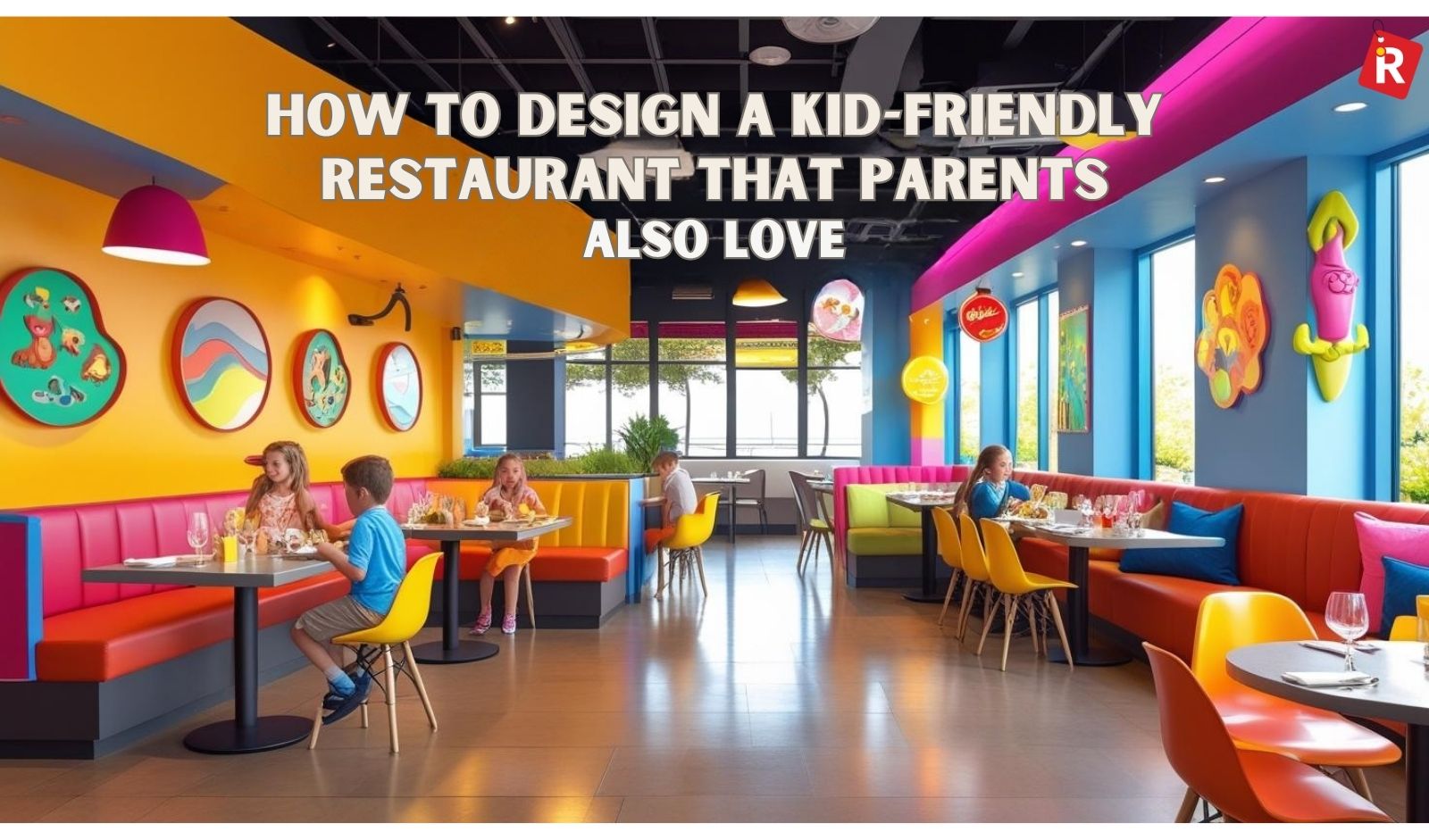
A restaurant that is designed for both generations and is genuinely family-friendly can turn a stressful outing into a treasured memory, generating a great deal of repeat business and developing customer loyalty.

Driven by a passion for crafting meaningful dining experiences, Khushank aims to build distinctive concepts that leave a mark in the ever-evolving F&B space.
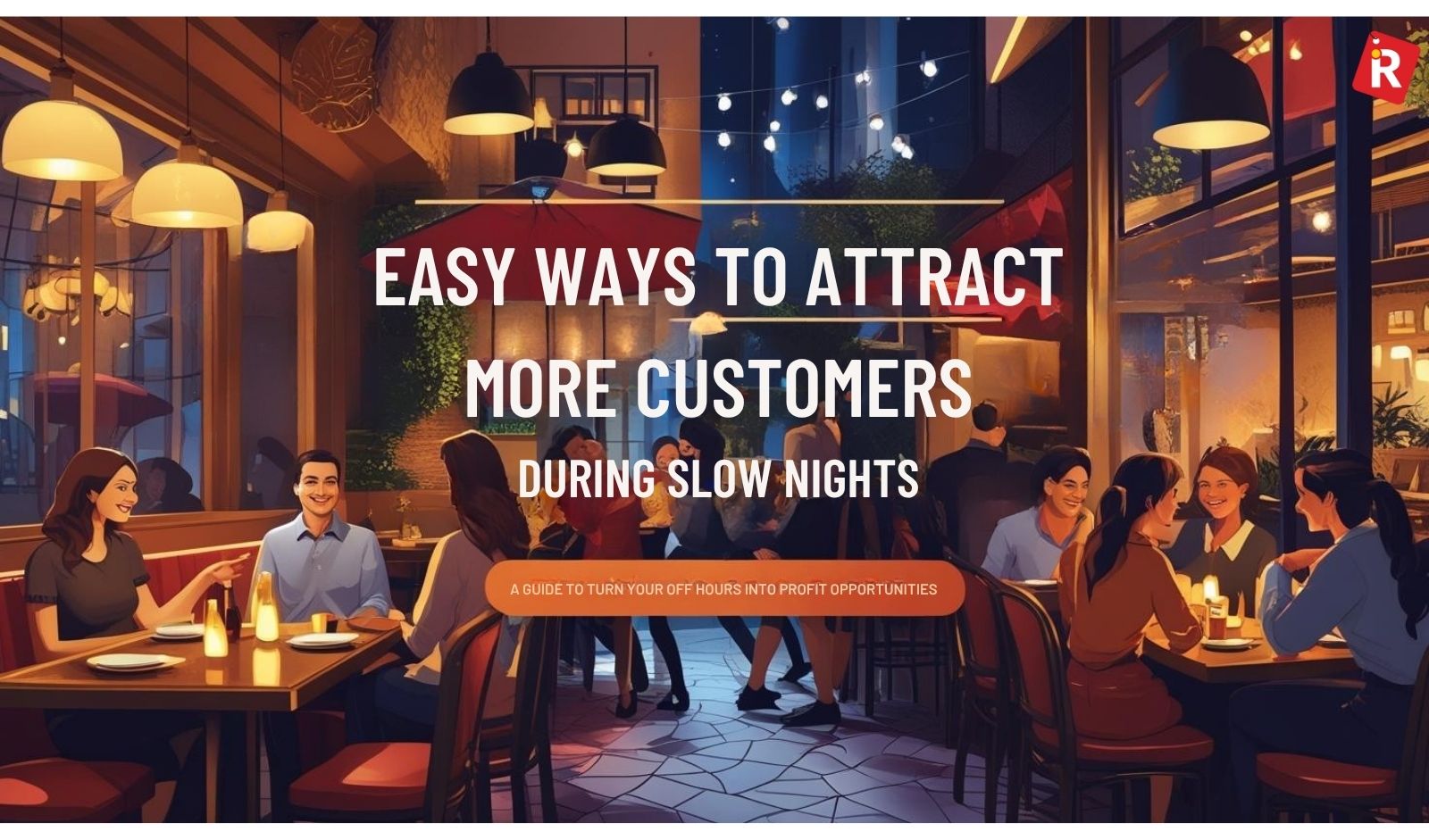
Slow nights are the periods when the restaurants encounter the fewest customers during a day or a week. The gloomy sight of empty tables on a quiet Monday afternoon or a Tuesday evening is familiar to all restaurant owners.
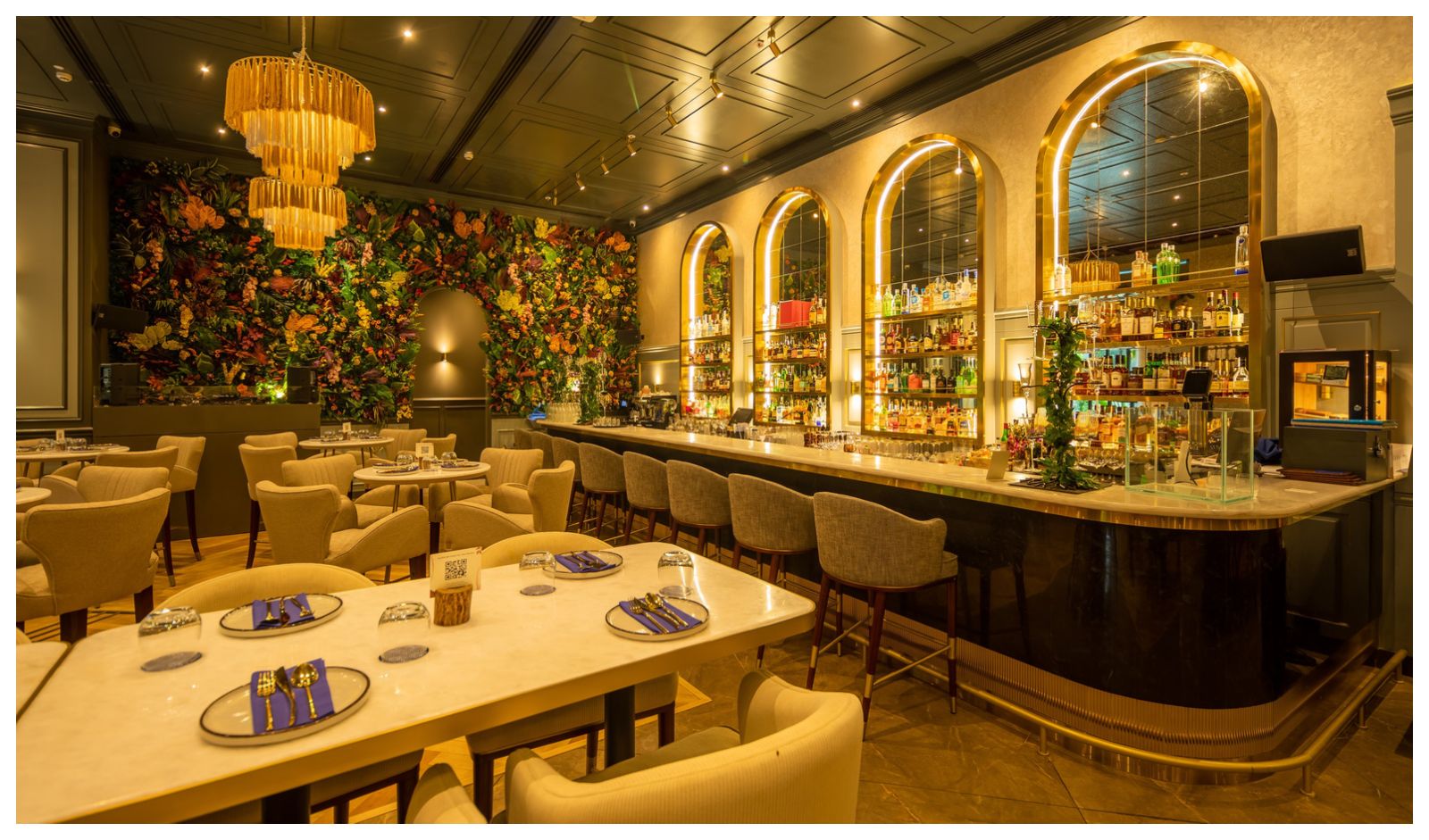
Around 30% of restaurants are chef-driven restaurants in India.
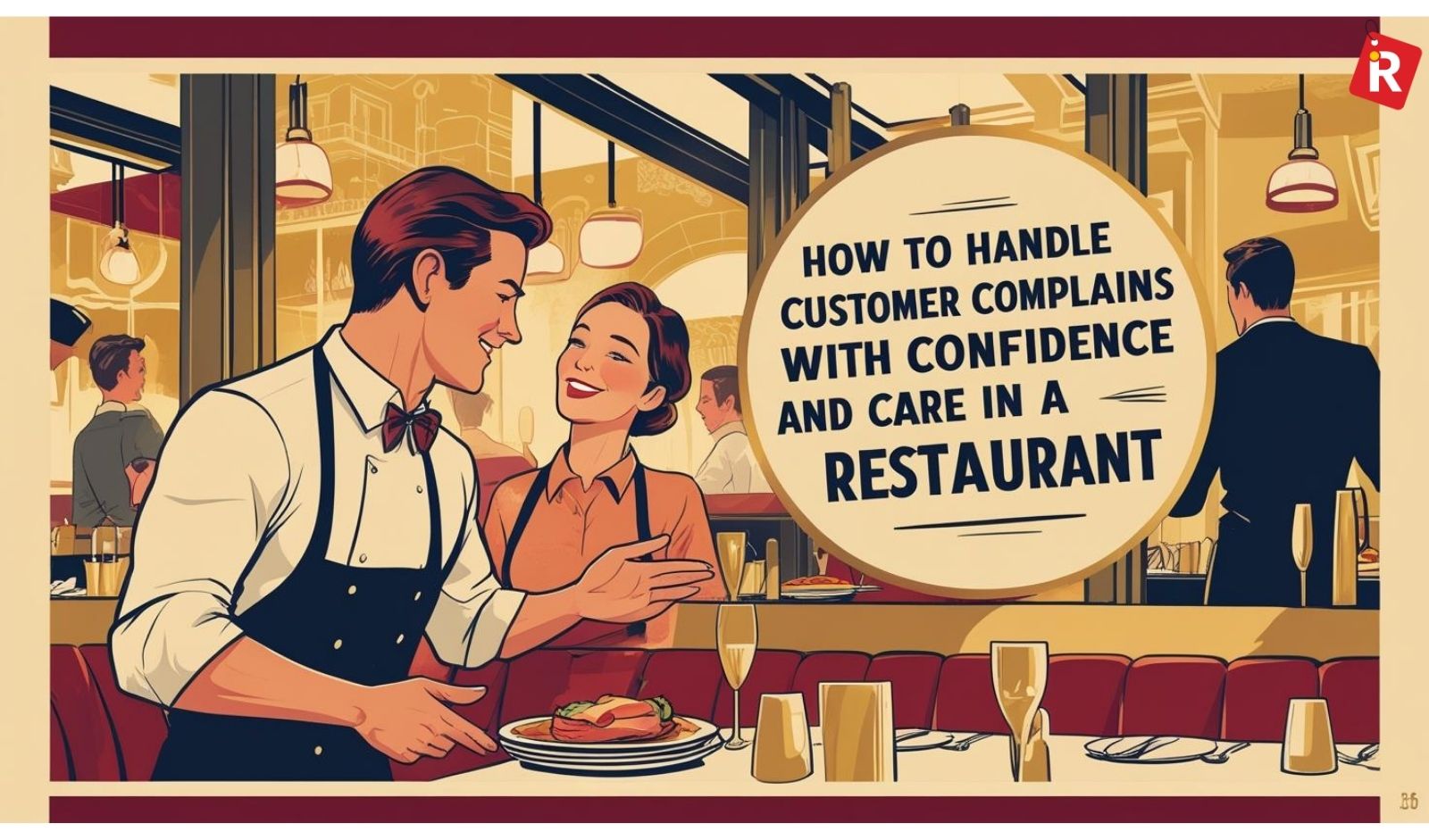
Although inevitably you will get customer complaints, there is a way to handle them with care and confidence. While these times can be intimidating, especially in the fast-paced environment of quick-service restaurants or the high-stakes environment of fine dining, they are not problems; they are precious opportunities.

The Open-Hand Service Method is a traditional, formal, or semi-formal table service method that is distinguished by a particular way of serving and clearing food and drinks. Fundamentally, it prioritizes efficiency, elegance, and less interference with the visitor's personal space.

Directly interacting with consumers and overseeing their immediate experience, the FOH is the public face. The product that the FOH delivers is created in the BOH, which is the engine room where the culinary magic takes place.

A Ghost kitchen, or better known as a cloud kitchen, virtual kitchen, or dark kitchen, is a type of restaurant that operates on a delivery-based system. It's a company approach that focuses solely on cooking. These invisible kitchens only fulfill digital orders and have no front-of-house, dining area, or apparent storefront.

Restaurant owners are now faced with a crucial dilemma as a result of this digital revolution, which has drastically changed the profitability of their establishments: Why do guests choose third-party apps over direct ordering to place direct orders from their preferred restaurants?

People frequently place restrictions on themselves without realizing that some "restaurant taboos" are purely fictitious or just bad habits. It's time to subtly push these boundaries that people have set for themselves in a world that values sustainability, customization, and real connection more than ever.
Copyright © 2009 - 2025 Restaurant India.





